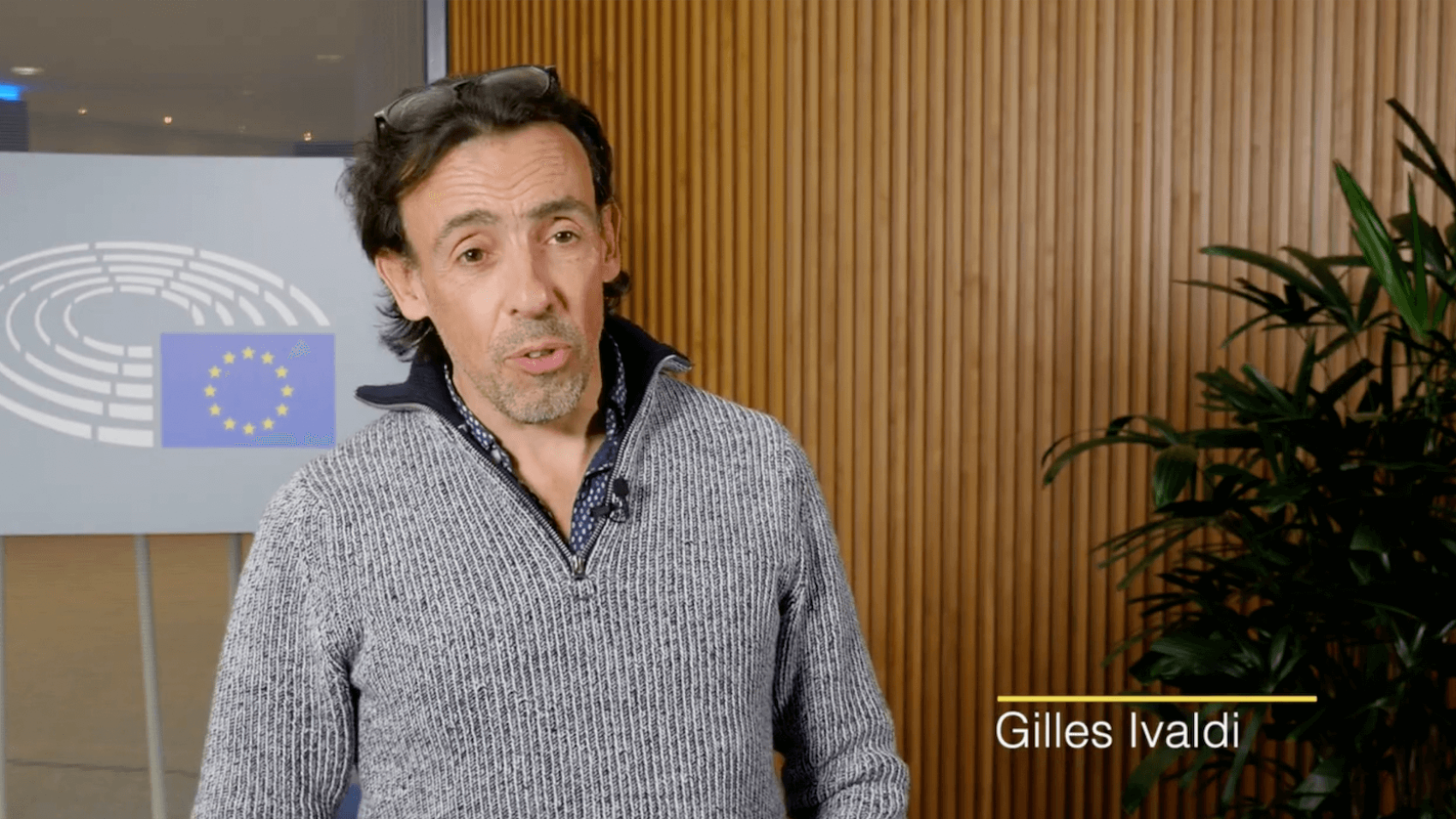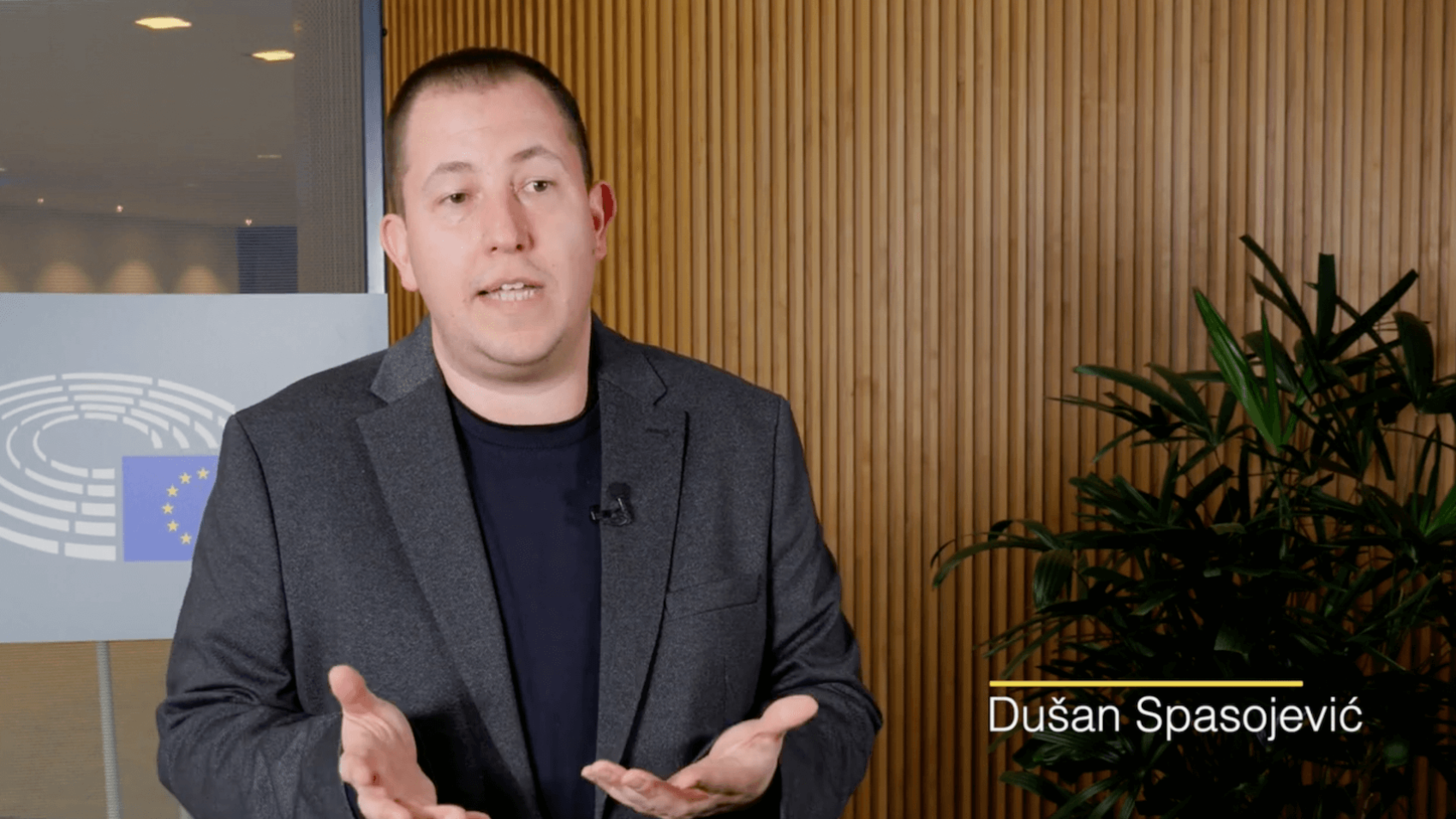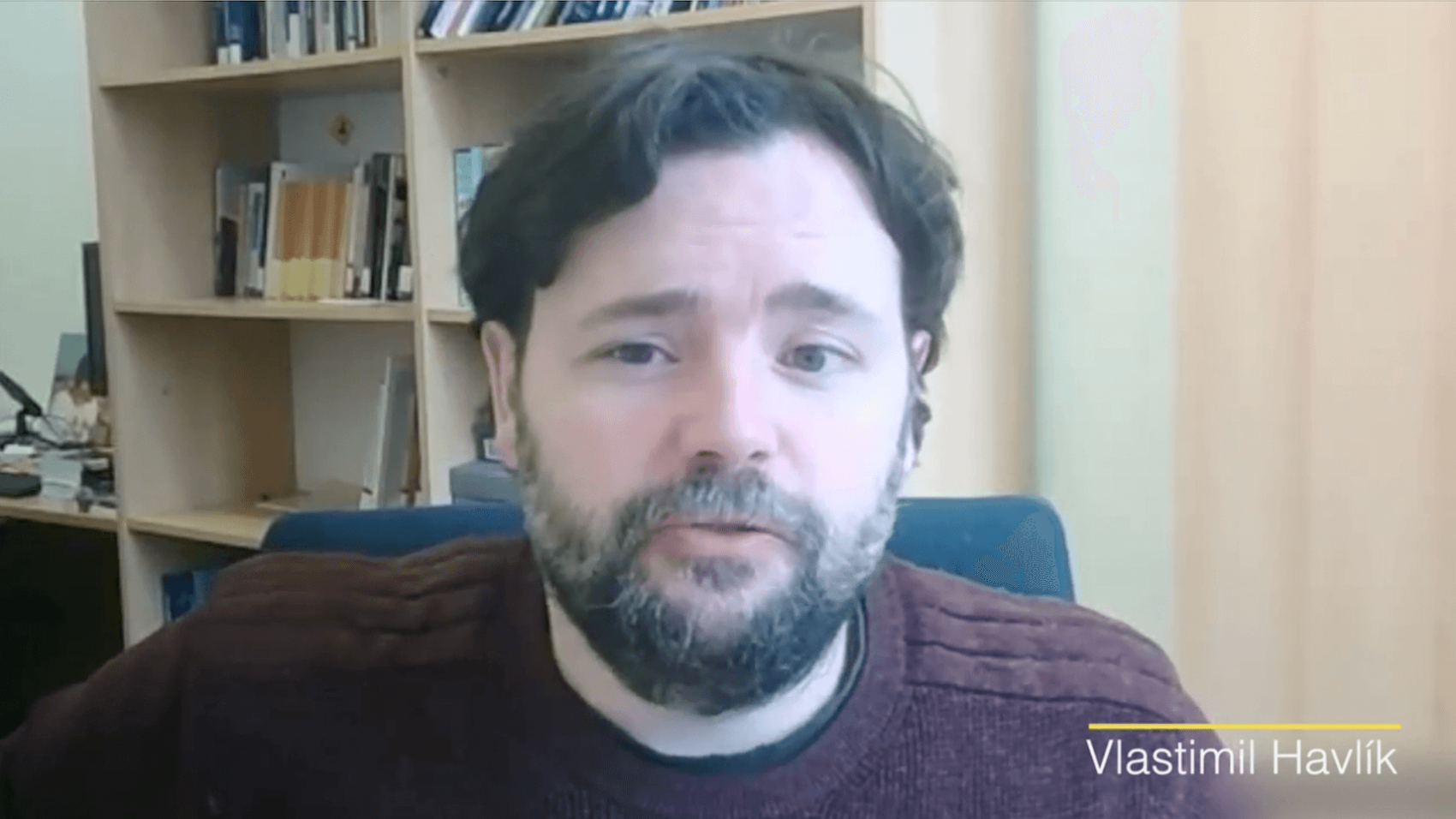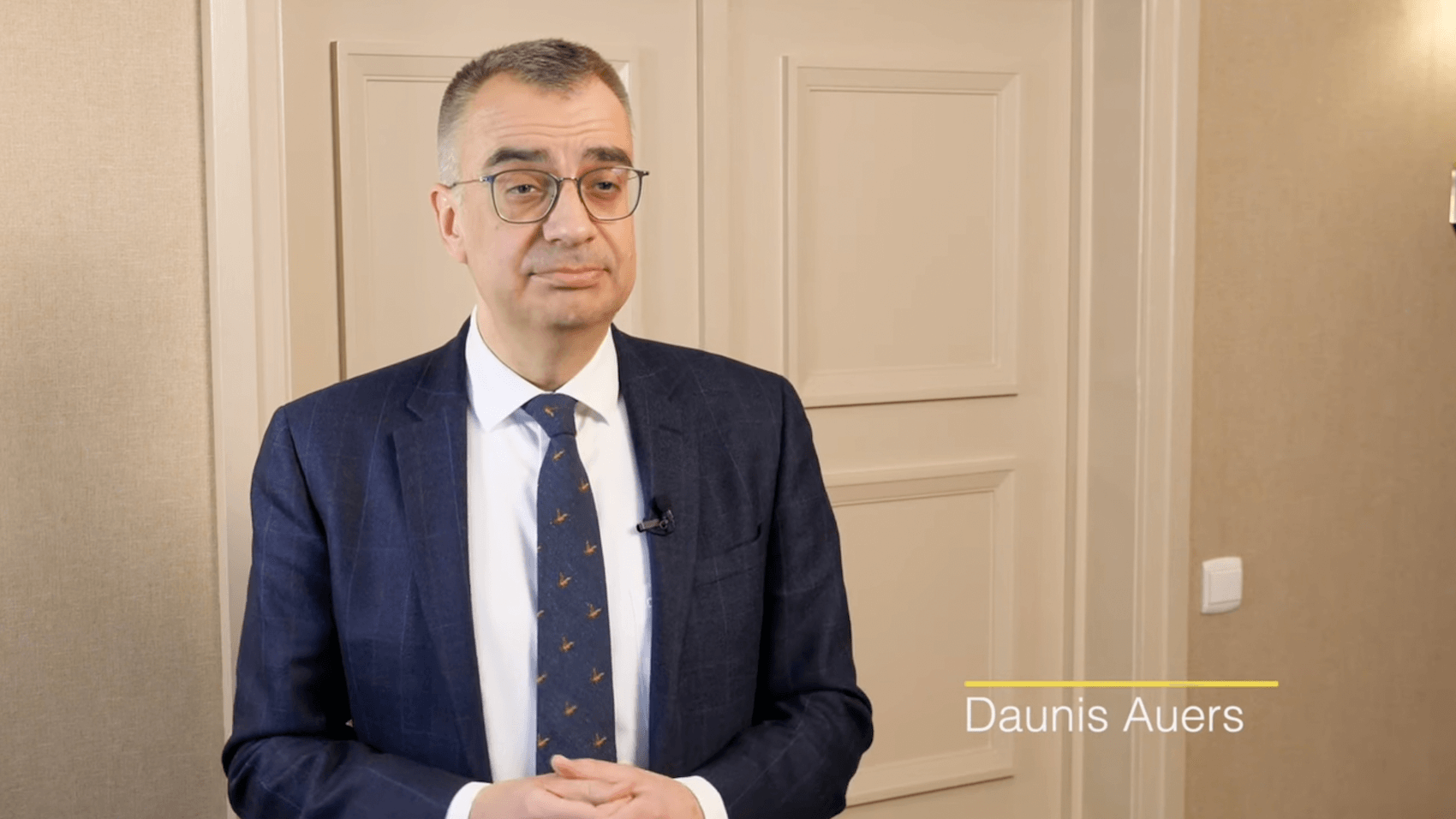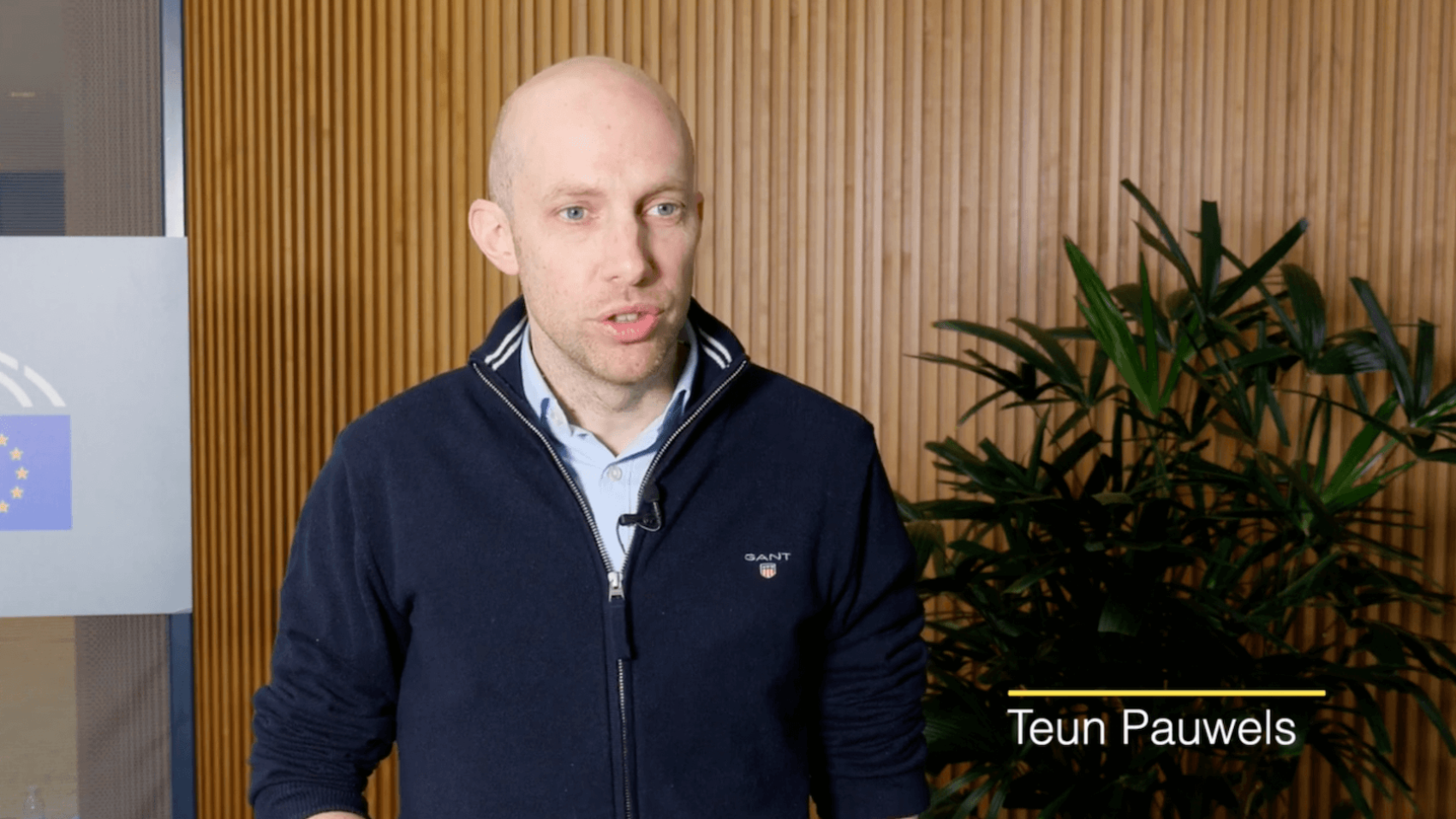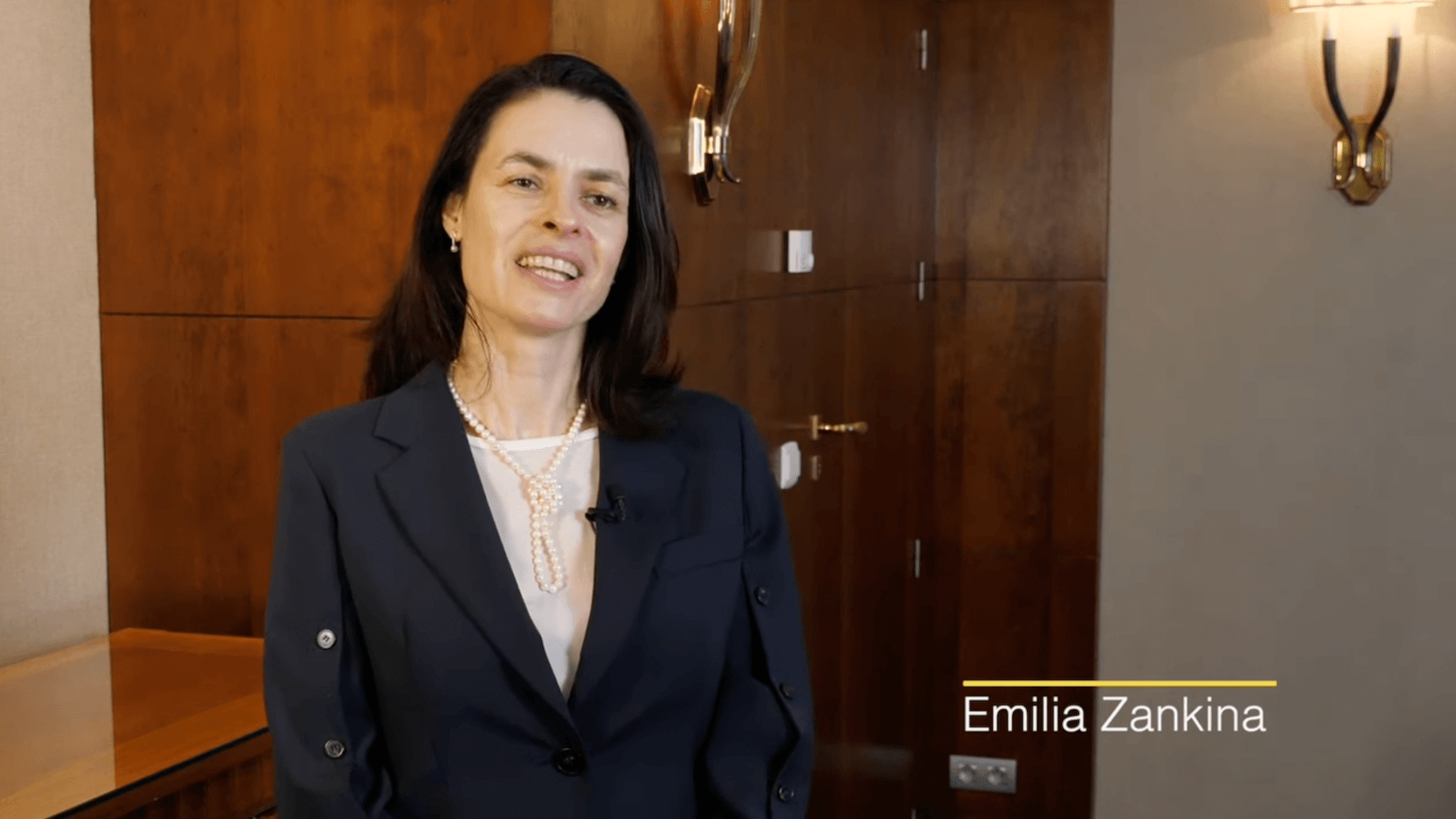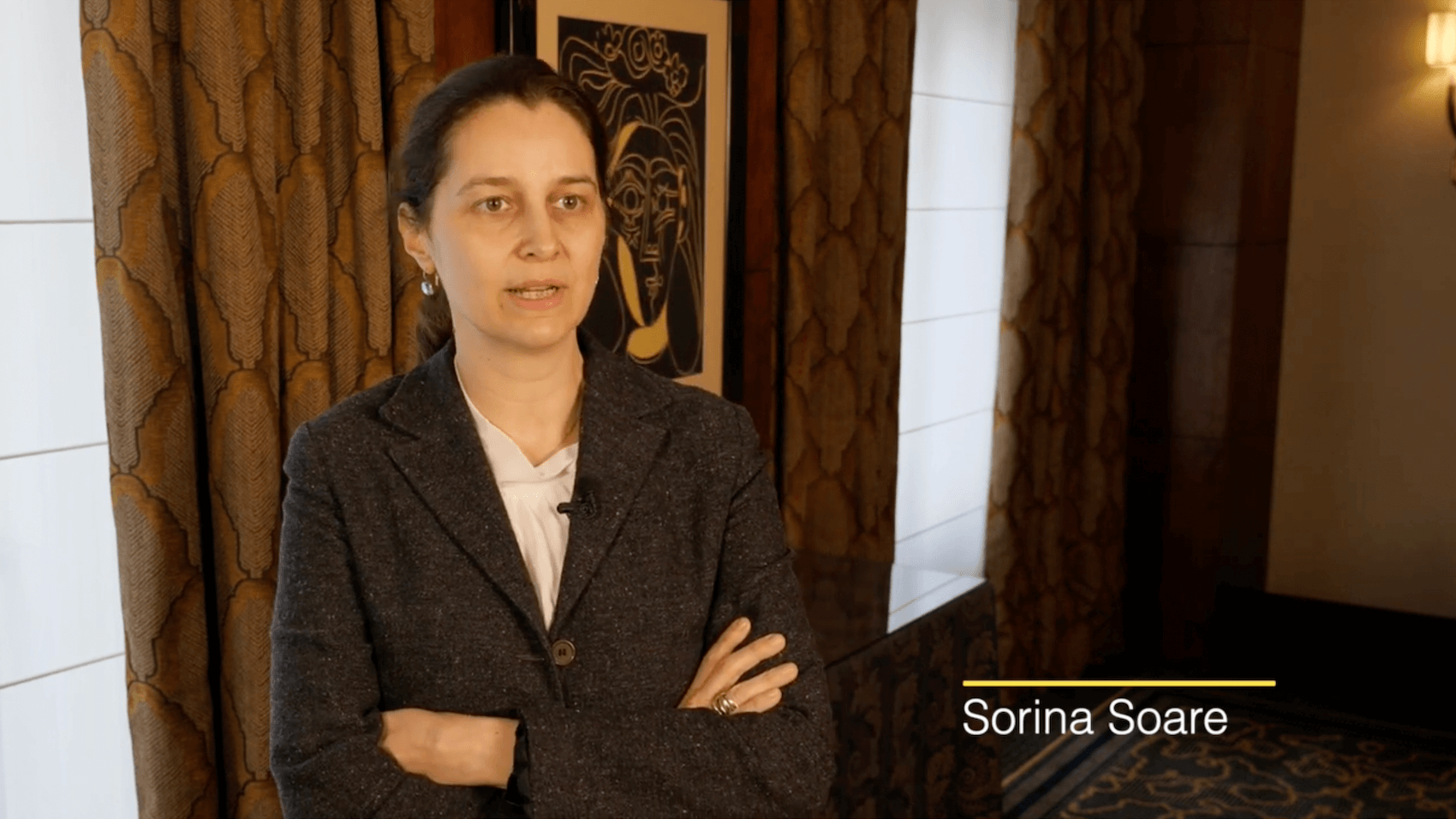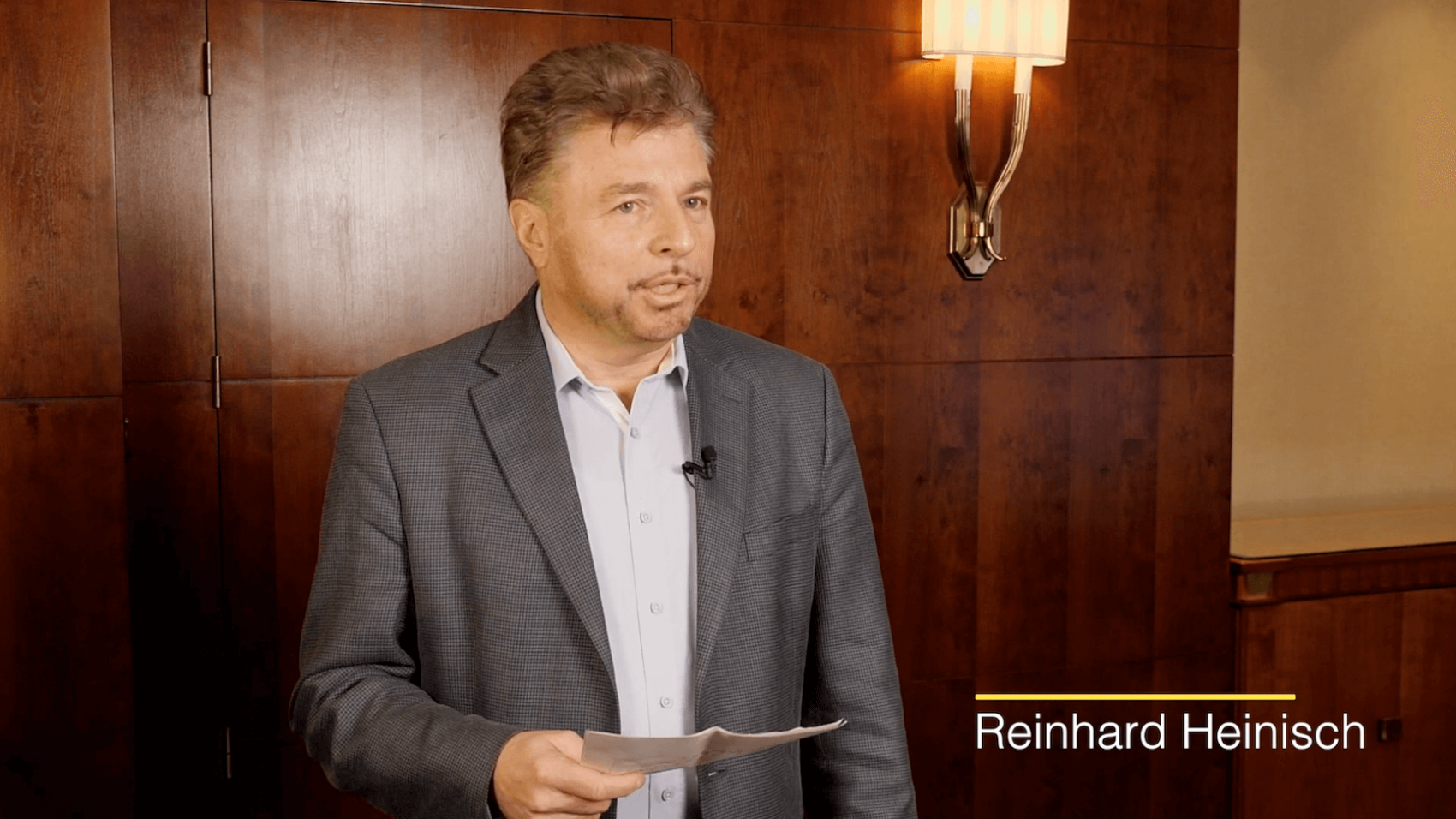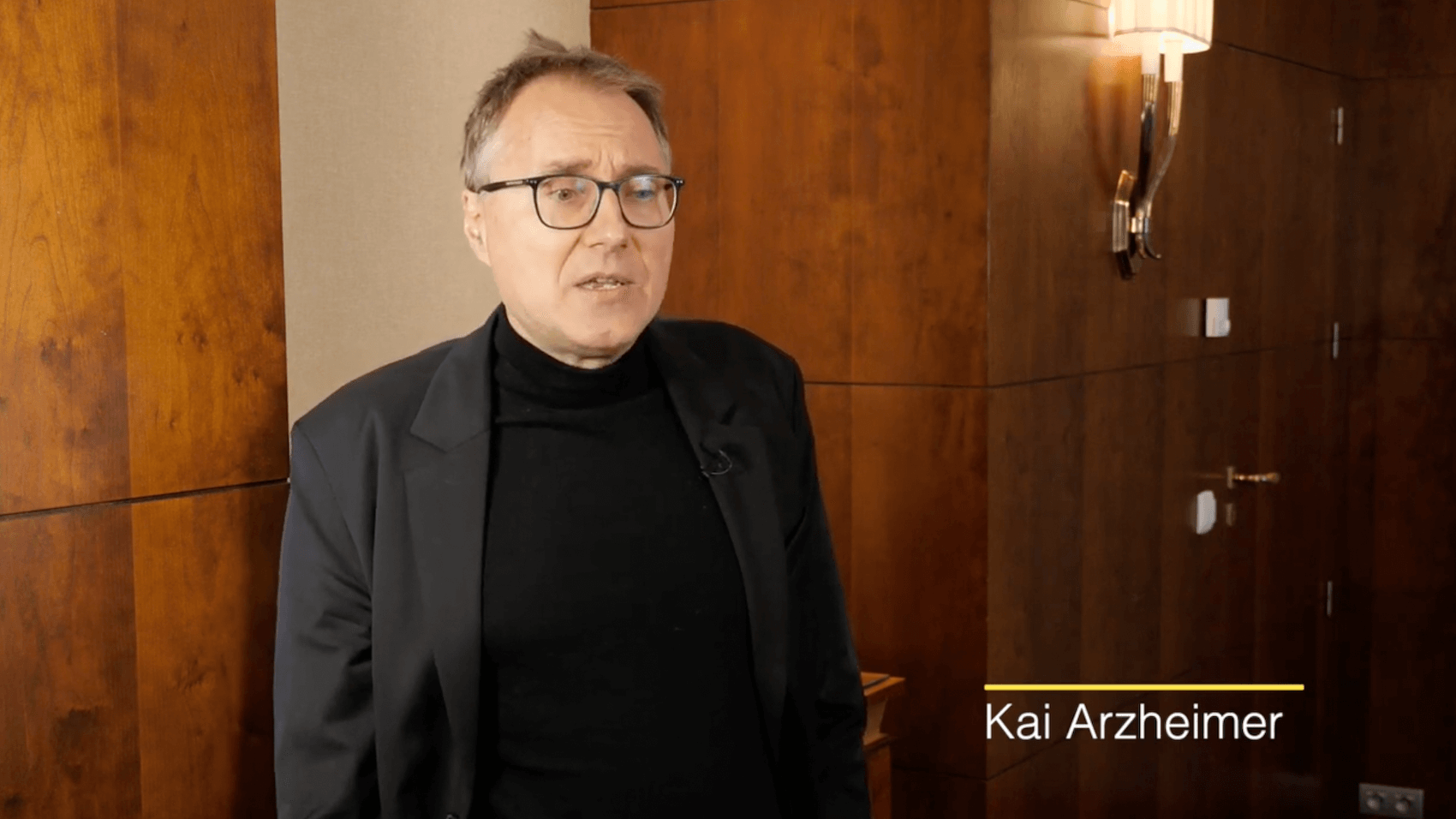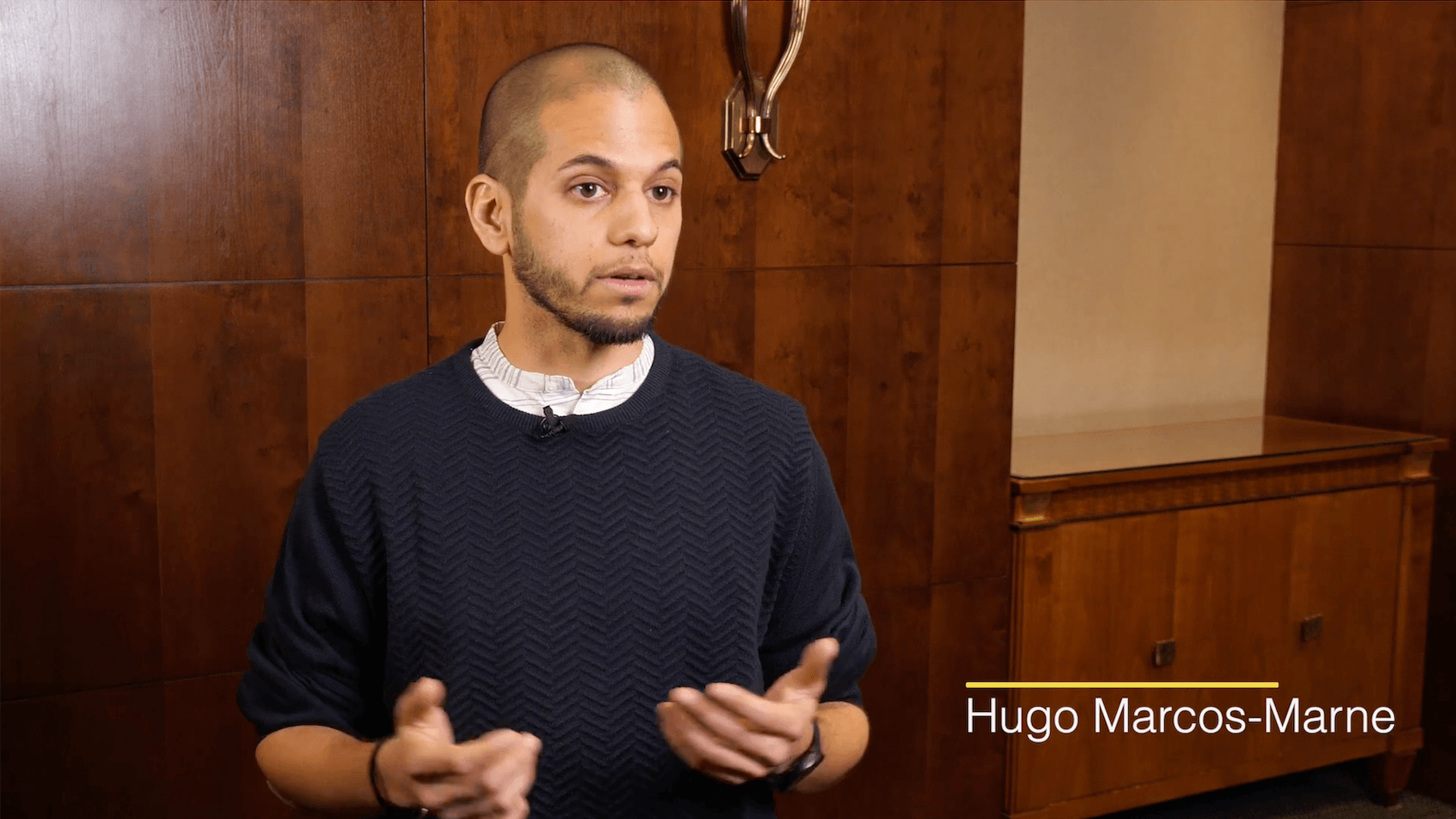Ivaldi, Gilles. (2023). “The impact of the Russia-Ukraine War on radical right-wing populism in France.” In: The Impacts of the Russian Invasion of Ukraine on Right-wing Populism in Europe. (eds). Gilles Ivaldi and Emilia Zankina. European Center for Populism Studies (ECPS). March 8, 2023. Brussels. https://doi.org/10.55271/rp0019
Download Report on France
This article examines the impact of the Russian invasion of Ukraine on the main actors of the populist radical right in France (i.e., Marine Le Pen’s Rassemblement National and Éric Zemmour’s Reconquête) as well as Jean-Luc Mélenchon’s La France insoumise on the populist radical left. It looks, in particular, at the effects of the Ukraine crisis on the French presidential election in April 2022. After the outbreak of the war, French populists (of the left and the right) came under fire for their pro-Russia positions and previous sympathy for Vladimir Putin. However, these parties revealed quite different responses in interpreting the Ukraine crisis. The analysis suggests that Marine Le Pen successfully evaded accusations of sympathy for Putin by toning down her nativism and emphasizing instead her social-populist agenda, which foregrounds egalitarian social protection and economic nationalism. This move allowed her to exploit war-related issues of energy and rising prices. Public opinion data suggest that such issues were paramount to voters in the 2022 election. Zemmour, on the other hand, largely ignored growing socioeconomic concerns while perpetuating a more ambiguous stance vis-à-vis Putin, which may have contributed to his failure to challenge Le Pen on the radical right. Overall, the article concludes that the impact of the Ukraine war in France has been heavily mediated by socioeconomic anxieties, fuelling support for populism at both ends of the political spectrum.
Keywords: Ukraine War, populism, France, Le Pen, Zemmour, presidential elections.

